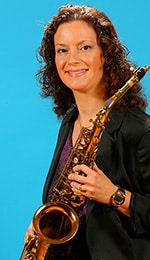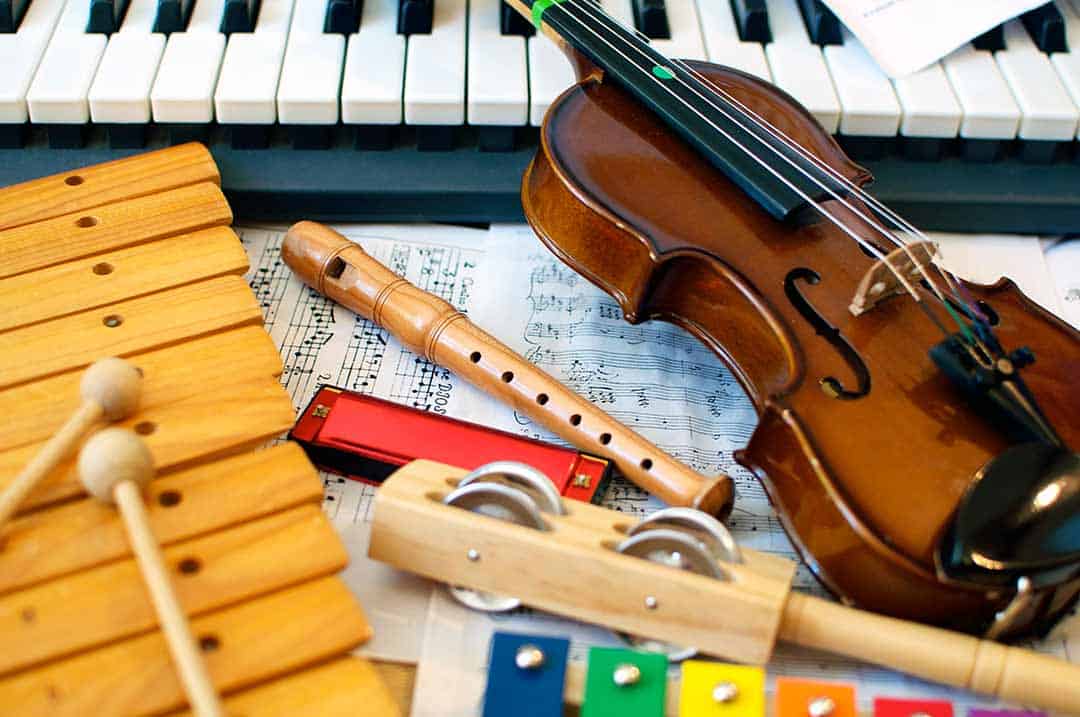Your child hears a really great saxophone solo on the radio, or hears a beautiful classical flute piece on YouTube. You want to provide a good musical education for your child, but you realize that there are few to no resources for instrumental music, unless your child plays piano, guitar or violin. Lessons on any of these instruments are great because it provides a solid harmonic background and rich musical experiences, but what if your child wants to play the flute? Where can you go to find information or services for this?
As it appears there are no Beginning Band programs specifically for Homeschoolers on Long Island, the first step is to pursue private or group lessons. First, you need to identify which instrument your child may be interested in. The following is a list of the three different groups.
Here are a few suggestions for getting your child started on a Band instrument:
-
- For beginners, the best place to start with is private or group lessons. You can call your local music store for suggestions, although many offer lesson packages. Keep in mind, many of the teachers in these places are mostly college age and may not have teaching degrees, That is fine, but you should ask how much experience the teacher has, especially teaching the instrument your child wants to learn.
-
- You can call your local elementary public school band teacher and ask for a few referrals. Some teachers do travel to the home; some do not. There are advantages either way, which I will discuss in a future blog. Ask if they personally know the person they are recommending. Also ask if there are other students studying with that particular person, and if there is any feedback from those students.
-
- Some local music schools are Schools of Rock, or some variation of that theme. Those are always fun because they promise to put kids in bands to perform at a venue later on in the year. Most of these schools cater to guitar, bass, piano and drums students, but some also have contemporary music and classical lessons on the other band instruments too. Again, ask how much experience the teacher has in teaching the instrument your child wants to take.
-
- Search YouTube for beginner videos for your child’s instrument. (Use words such as beginner flute lessons.) Many reputable teachers (including myself) have put up videos for getting your first sounds, instrument maintenance, posture, breathing, articulation, etc. YouTube is a wealth of information. Check the reviews and comments before committing to following the information presented.
-
- Search Google for teachers that have lessons via Skype or Google Hangout or other lesson platforms, like the Zoen Network. You have the home convenience without the travel or worry that your pets may disturb the lesson.
-
- If you live in Nassau County or Western Suffolk County, I would wholeheartedly recommend the Long Island Drum Center for percussion equipment, instruments and lessons. The teachers go through extensive training before (and while) they teach students. They are located in Plainview.
Unlike piano, violin, guitar or drums, Band instruments should not be taken until your child reaches a certain level of coordination, along with size (length of fingers, arm length, strength to hold the instrument). For example, if a teacher states that your 7-8 year old child can play the saxophone without asking about the child’s size, strength, hand size, then I would question the teacher’s experience.
In future blogs, I’ll start to break down the instruments and talk about the best ages to start on each of these instruments, as well as some of the physical characteristics to consider.
Performance Opportunities
There is one performance ensemble, Nassau-Suffolk Performing Arts, for Band and Jazz Band that covers Nassau and Suffolk Counties. It is by audition, and starts with 5th Grade. This would be a group to pursue after your child has become fairly proficient on his/her instrument. You can check their website for more information. Auditions occur in the Spring around May. Nassau-Suffolk Performing Arts
In some areas across the country, local colleges or community music schools offer Beginning Band programs (Michigan, San Diego, Kentucky, Orange County, CA), where students get group lessons and weekly rehearsals that lead to a performance. (On the east end of Long Island, there is the Long Island Homeschool Orchestra, with lessons and weekly rehearsals.) Even though there doesn’t appear to be any Band program specific to homeschoolers here on Long Island, perhaps that will change in the near future if parents express a need.







